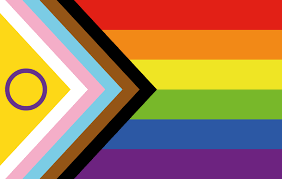The following photos with a short write-up were sent to me for a Facebook post today but I was immediately struck by a couple of things that bear a little closer look.
On the face of this it was a very ordinary moment.
Moments like these are replicated across the SRCC many many times a day.
Let's unpack it a bit to see what is really going on here:
1. Jolanta was thinking about the week ahead - knowing it was going to be hot. She decided making popsicles today meant they could be enjoyed later in the week. This is a thinking/planning Educator. She could have made the popsicles in 5 minutes and popped them in the freezer.
2. However Jolanta has a very high "image of the child" - she sees them as capable so she asked the children if they would like to help her with her task. They readily agreed as they too could see there would be real benefits from this work.
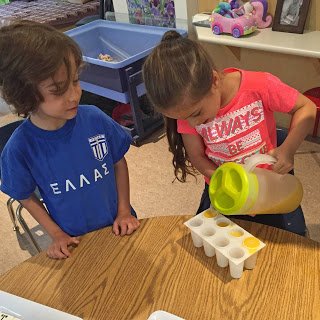
3. Jolanta gave them the tools and then allowed them to do the work. The work of measuring, estimating, careful eye-hand coordination, social sharing of tasks and taking on new vocabulary. In this moment the children are unknowingly laying the foundation of literacy, math and science concepts. Their brains are working hard and storing up this new experience for when the things learned from it will be recalled. They know to pour slowly, to full things up to the top, to share their ideas and the work.
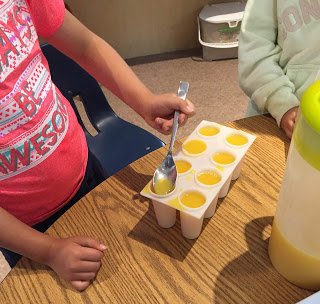
4. At this point the popsicles could have been popped into the freezer and all would be done. But, understanding how much learning was going on here, Jolanta asked - "What do we do now?". The children paused. They have a notion that these popsicles need to cool and get hard but they don't yet have all the the knowledge they need. Jolanta encouraged them to discuss their theories and make a decision together about where the popsicles should go.
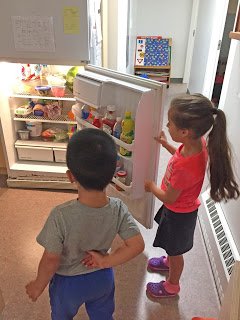
5. The children made a consensus driven choice to put them in the fridge. You and I know, given our years of knowledge building, that this is not the correct place for popsicles but in this moment Jolanta just offered the children an opportunity to concretely discover the properties of water and temperature and their effect on one another.

6. When the popsicles don't set the children will revisit their theories and make another choice. They are smart and they will likely deduce they need to be colder and they will ask them to be moved to the freezer. There will be no shame in this - it will be a natural part of the process of solving the problem of how popsicles freeze. And how great will be the learning - their learning, from their actions, and their thinking. They will not soon forget that in order for a liquid to freeze it needs to be in a freezer.
7. After work there is clean up. Jolanta continues to demonstrate her belief in children's capacity to learn when she offers them an opportunity to clean up the table after their work. She helps them see that taking care of the place and space you work in is part of doing good, important work.

And so in this brief, morning moment, so much learning has taken place. It takes a skilled Educator to see the opportunity and facilitate it.
We call this "learning through play" and we mean it - the children learn so much each and every day as we facilitate their exploration of their interests and thinking.
THIS is our work. Thanks to Jolanta and Jennifer for the insight.
